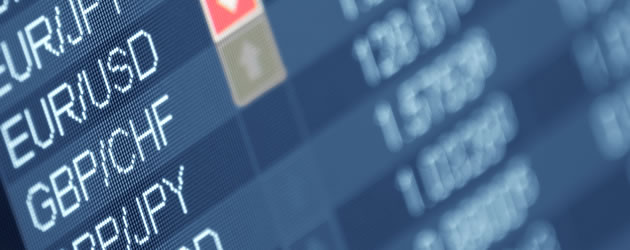
The Pound to Euro exchange rate (GBP/EUR) approached psychological resistance at 1.26 yesterday as a poor German consumer confidence report weighed on the single currency. However, demand for the Pound died out during the afternoon as reports surfaced suggesting that the European Central Bank will not begin purchasing assets next week.
GBP/EUR rallied by over a third of a cent to reach a fortnightly high just below 1.26 yesterday in reaction to the first decline in German consumer confidence since January 2013. The headline GfK confidence index fell from 8.9 to 8.6 in September, whilst the economic expectations index plummeted by a full 35.5 points from 45.9 to 10.4 – the largest monthly decline since records began in 1980.
A mixture of geopolitical concerns, Russian sanction anxieties and slowing German GDP growth were cited as reasons for German consumers’ gloominess.
With military conflicts in Gaza, Iraq and Eastern Ukraine weighing on global risk appetite, Russian sanctions prohibiting German exports from reaching Russian and German GDP printing disappointingly at -0.2% in the second quarter it is easy to see why the consumer confidence index stooped this month.
However, the Euro recovered and GBP/EUR weakened later on in the afternoon when it was reported on Reuters that the ECB does not plan to introduce a quantitative easing scheme during next week’s meeting unless Eurozone inflation takes another step closer towards deflation.
A source at the central bank told journalists that there is still a lot of skepticism surrounding the idea of Eurozone QE, despite the fact that the central bank has hired investment manager BlackRoock Solutions to help develop an asset purchasing programme.
The appointment of BlackRock had been seen as a clear sign that the ECB would unveil the bond-buying scheme next Wednesday when Chairman Mario Draghi and his Governing Council convene to discuss monetary policy. However, the leaked ECB statement poured cold water on this idea, leading to a slight surge in demand for the single currency.
Later this afternoon German inflation data is expected to show that the consumer price index remained at 0.8% in August. If the report matches economists’ forecasts then the Pound to Euro exchange rate could struggle to grow during today’s session. If the report comes in weaker-than-anticipated then Sterling could rally.
On Friday it is predicted that Eurozone inflation will cool from 0.4% to a fresh 4.5-year low of 0.3%. If this proves to be the case, or if consumer price index falls even further, then it will likely bolster the case for an immediate ECB stimulus programme and subsequently the Euro will be expected to weaken significantly against the Pound.


Comments are closed.